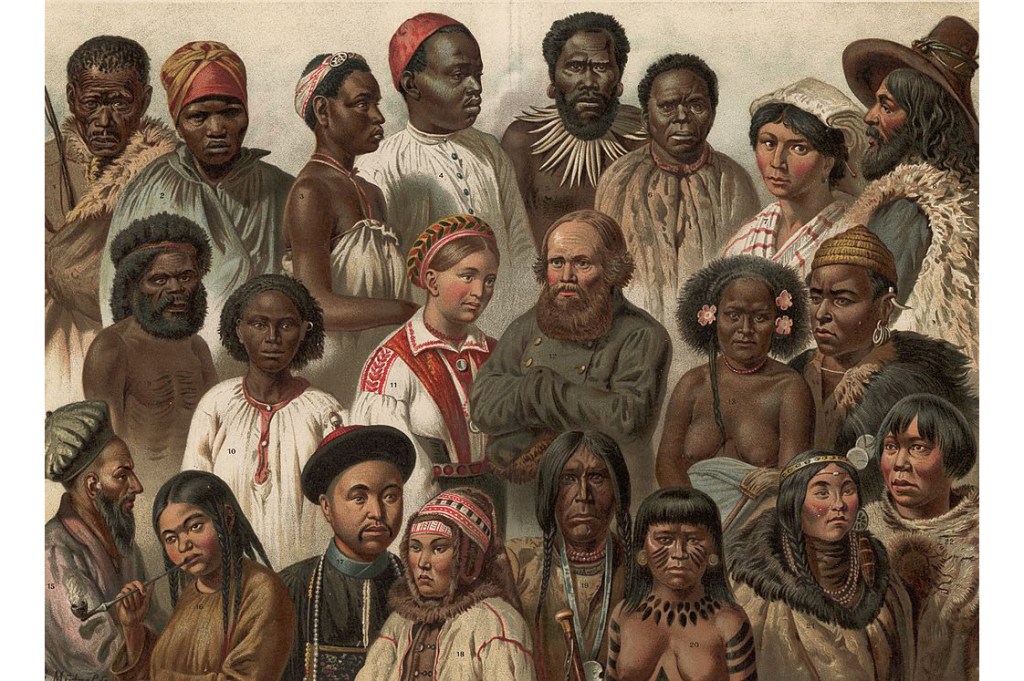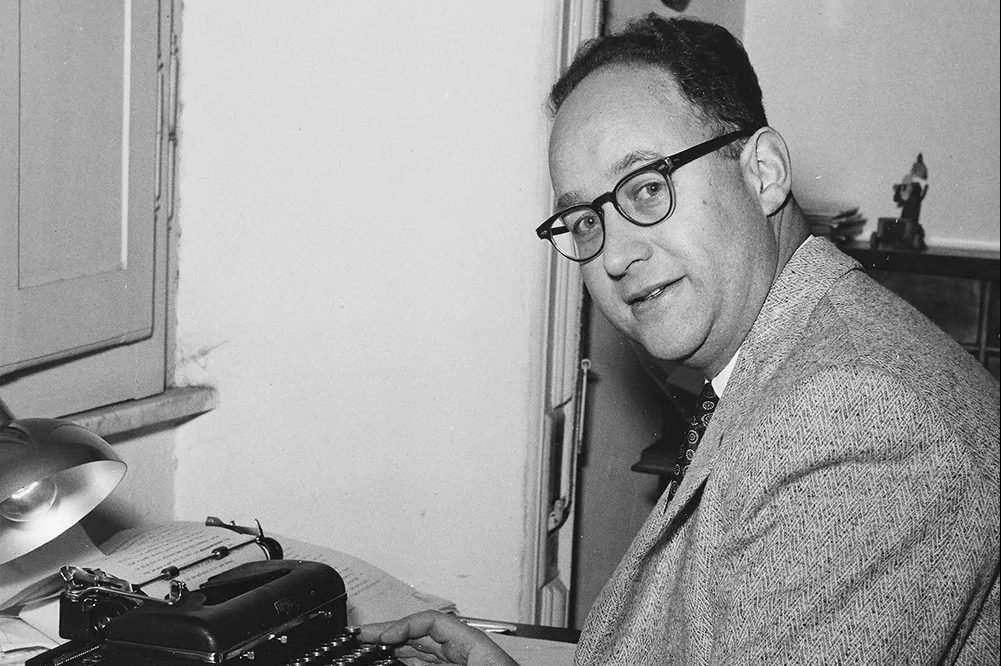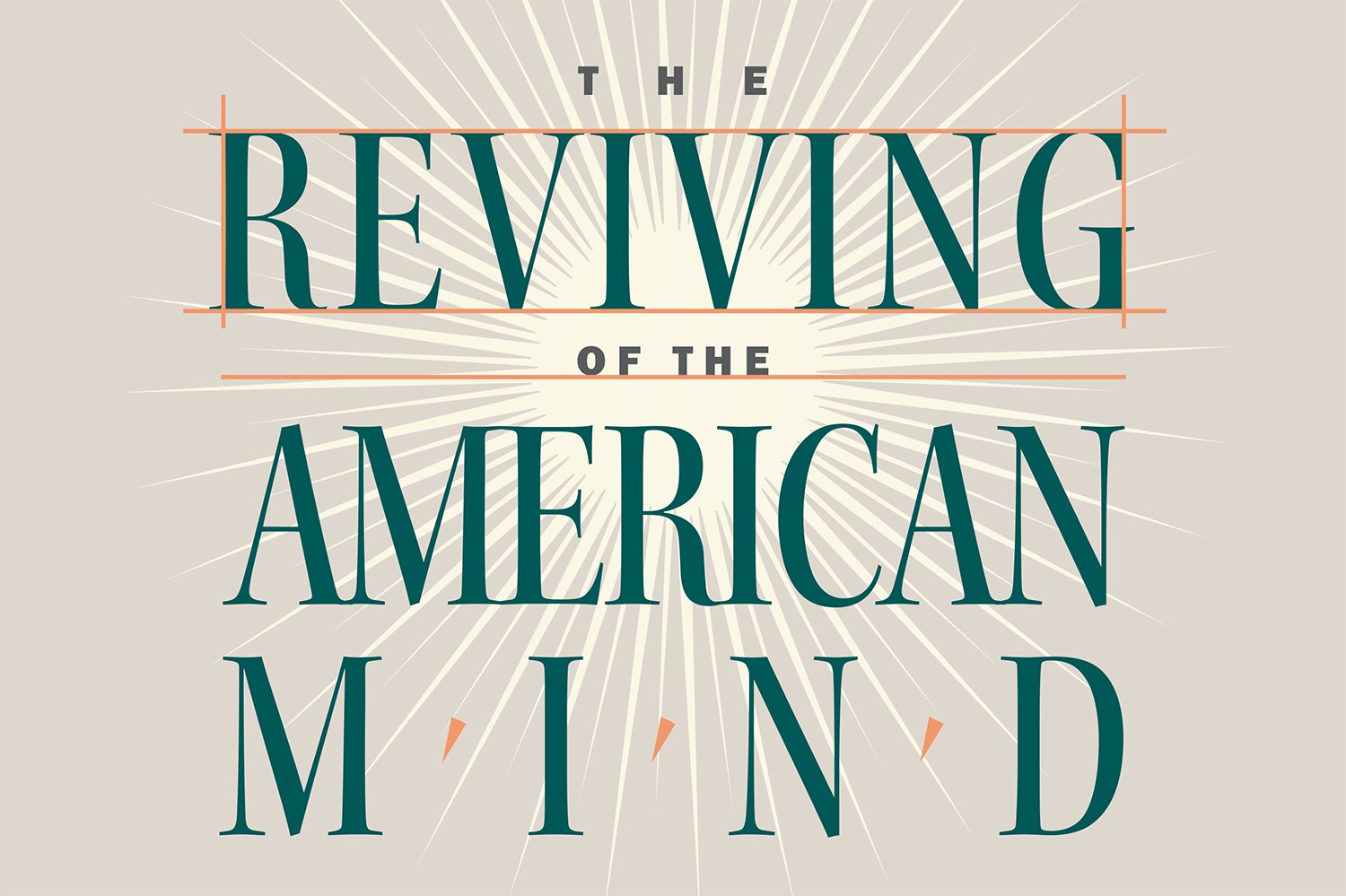Freezing rain the other night turned our snowy road to ice and sent our car sliding backwards into a ditch. That was better than the cliff on the other side. This being rural Vermont, my cell phone’s only service was its flashlight and it was a dark and slippery hike to the nearest house. Three hours later, roadside assistance had us back on four wheels.
I surely lost some points in the rugged individualism rankings, but my wife and I were only a little chilled by the adventure. Things could be — and indeed they are — much worse elsewhere. At least we didn’t have a former Baywatch actress throwing punches at us for traveling sans mask.
I’ve been a demi-resident of Vermont for thirty-five years, during which time my official domicile has shifted among other states as frequently as the warnings of imminent climate catastrophe. I first established myself in the Green Mountains when the threat of global cooling and an impending ice age was on the leader board.
Because my house in Vermont stayed put while I pursued my career here and there, it naturally became the depository of all the stuff that I didn’t want with me — but that I wasn’t ready to discard. My wife has cured me of most of that detritus. We’ve outfitted a regional theater with all the plush velvet Victorian furniture I inherited. We’ve shed major appliances, lamps, crystal, plate, old paintings, filing cabinets, a gym or two. But what remains includes my library. And therein lies a burden.
It is not just that I have a lot of books — about 14,000 — but that I have a lot of books that I love, including a collection of works of world-wide ethnography. Sub-Saharan Africa; North, Central and South America; Polynesia, Micronesia, Melanesia; Australia; Southeast Asia; Japan, Korea, China; Central Asia; India; the Middle East; North Africa. I was under the delusion for many years that an anthropologist should know something about all parts of the world, and I read like crazy the reports from ethnographers great and small, and extended the lists to include missionary accounts; explorer tales; the records of colonial officials; and travelogues from intrepid tourists who wandered off the beaten track.
This might sound like a legacy that a research library would be glad to receive, but alas, no. I was, for a time the University Librarian of a major research university and I know exactly what would become of this collection. It would be sold off piecemeal to used book dealers. After all, those dealers were my source for many of my older volumes.
But be that as it may, the larger burden that weighs on me is that my discipline, anthropology, has turned its back on this legacy. Anthropology is a young discipline, dating by most accounts to the mid-nineteenth century. Of course, interest in the inhabitants of the world beyond Europe is much older than that. When I used to teach the history of anthropology, I would touch back to Herodotus, who offered detailed accounts of the Egyptians, Persians and many other peoples though his fifth century BC lens. And I would have my students read Tacitus’ Germania as well for a sophisticated Roman’s account of the Barbarians to the north. But anthropology in the sense of a systematic and scientific effort to make sense of the great variety of humanity was largely a nineteenth-century invention.
To see why, consider the writings of Henry Home, Lord Kames, a brilliant jurist and key figure of the Scottish Enlightenment. In his 1774 volumes, Sketches of the History of Man, Kames starts out by weighing the evidence on whether humanity is a single species or a collection of species. He reasons his way to the conclusion that humans are divided into profoundly different species: “Certain it is that all men are not fitted equally for every climate. Is there not then reason to conclude that as there are different climates, so there are different species of men fitted for these different climates?” Many of Kames’s contemporaries rejected his conclusion. “I reckon upon strenuous opposition,” he wrote, but he backed his theory with what we would now call an abundance of ethnographic detail and concluded that “were all men one species, there never could have existed, without a miracle, different kinds, such as exist at present.”
Kames’s conclusion runs dead against the modern science but it was a formidable argument in its time and not so easily assailed. Among those who eventually challenged the idea that humans are divided into several distinct species was a British anatomist, James Cowles Pritchard, whose 1813 work, Researches into the Physical History of Man, argues that even “the most dissimilar human races… all have common affections, sympathies, and are subjected to precisely analogous laws of feeling and action, and partake, in short, of a common psychical nature [and therefore] belong to one species or lineage.”
Pritchard is hardly more than a footnote in today’s anthropology, but he occasionally gets a shout out for maintaining the principle of common humanity during a long era in which views such as Kames’s dominated. One recent historian lauds him for his “passionate furtherance” of his belief in “human dignity.” Pritchard was among a handful of early nineteenth-century writers who laid the groundwork for a moral vision of anthropology which attacked the popular racial rationales for slavery. Out of this would eventually emerge the practice of “fieldwork,” i.e. the readiness of researchers to learn native languages and to spend years living among a non-Western people in order to document their customs and beliefs.
Serious ethnography can be traced to the 1840s, when an American attorney, Lewis Henry Morgan, began to document several upstate New York tribes, but it wasn’t until the 1880s that in-depth, sustained observation became the gold standards of anthropological research. From Franz Boas’s immersion in the lives of the Kwakiutl Indians of British Columbia, through Bronislaw Malinowski’s World War One-era involuntary sojourn in the Trobriand Islands, a specialized form of in-person inquiry took shape that would add immensely to our understanding of human diversity.
Anthropology can rightly lay claim to a great scholarly achievement. The thousands of books written by the men and women who ventured off to remote and often dangerous places to live for a year or two are a testament to both Western curiosity and personal fortitude. The books, of course, vary in quality. Some ethnographers combined scientific rigor with literary skill. Others had neither, and some epitomize the “unreliable narrator.” Few of Margaret Mead’s widely read studies have stood up to closer inspection. But considered as a whole, the ethnographic writings of the era 1880-1980 are an intellectual monument never to be repeated.
I say 1980, but the actual date at which ethnography slid off the road into a ditch is hard to pin down. During the 1970s several prominent anthropologists declared that they no longer considered the discipline to be a “science.” Instead, they argued that it was better to think of the ethnographer as a creative writer or perhaps a memoirist. A breath of intellectual freedom swept through anthropology departments, many of which were weary with the ever-increasing demands of abstract theory and rigorous reporting. As this general relaxation took hold, so did a thrilling burst of political activism. Feminist and neo-Marxist anthropology announced themselves, as did forms of post-modernist anthropology and other identity-based ways of describing the ethnographer’s task. Gay anthropology soon joined the party, and ethnographers began to study their own native communities — which vitiated the whole premise of meeting the “other” on his own turf. A new kind of ethnography sprang up, sometimes called “reflexive anthropology,” in which the writer spent most of his effort describing his own feelings and scarcely noticing the people that some foundation had paid him to study.
Not every anthropologist fell into one of these ditches. It is still possible to find a sturdy, well-written ethnography. But they are increasingly rare. A specialization has also emerged of anthropologists who study the history of the discipline, which brings to mind Hegel’s dictum, “The owl of Minerva spreads its wings only with the falling of the dusk.” Anthropology had its day. Right now it is a very popular undergraduate major and it has given us such celebrated figures as the late David Graeber, the anarchist who helped to organize the “Occupy” movement and whose posthumous book, The Dawn of Everything: A New History of Humanity, offers a codification of every pernicious trend that characterizes the discipline during its dotage.
But enough of that. As you see I steered off the road into this ditch, and while I sit here in the cold waiting for roadside assistance, I have the opportunity to reflect on all these books that no one is likely to read again or to want. They appeal to my vanity. I am glad that I can find the shelf where I retrieve very old editions of Lord Kames and James Cowles Pritchard. Possibly I share the fate of every scholar whose lifetime of learning is eventually superseded by fresh new ideas. A learned alchemist in the age of Lavoisier must have felt jilted by history too, with no roadside assistance anywhere in sight.
Still, I believe that body of ethnographic scholarship is worth saving. It is, among other things, the definitive answer to the 1619 Project; the root and branch refutation to Critical Race Theory; and the extirpation of Diversity-Equity-Inclusion. Those ideologies are, at bottom, efforts to establish a moral hierarchy based on victimhood. That’s a dangerous vanity.
Read enough old ethnography, and the story of people victimizing one another is inescapable, but so is the deep knowledge of human commonality. As Pritchard grasped some 200 years ago, our cultural differences are myriad, but they aren’t everything, and the more we make of them, the worse our plight. Anthropology at its best taught us that our follies are as universal as our aspirations; and that grasping for ascendency in the name of justice is just another path to hardship and division. We are our imperfections. Best to get back on the road.
























